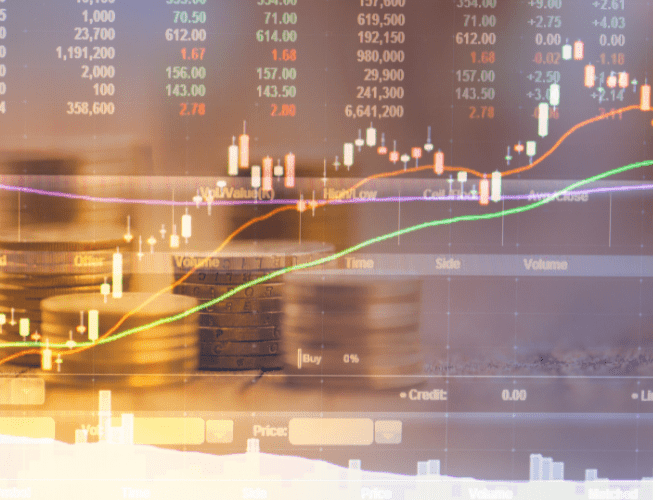Algorithmic trading has transformed the landscape of financial markets, becoming an essential tool for both institutional and retail traders. With its ability to execute trades at high speeds and efficiency, algorithmic trading offers a myriad of advantages that have reshaped how trading is conducted. Here’s a look at why algo trading is important in today’s markets.
- Increased Efficiency and Speed: One of the most significant benefits of algorithmic trading is its speed. Algorithms can analyze vast amounts of market data in milliseconds and execute trades far quicker than human traders. This efficiency is crucial in a fast-moving market, where price discrepancies can disappear in seconds. By automating trade execution, algorithms enable traders to capitalize on opportunities that would otherwise be missed.
- Reduced Costs: Algorithmic trading can lower transaction costs significantly. By automating trading processes, traders can minimize the expenses associated with manual trading, such as commissions and slippage. Additionally, algorithms can optimize order execution, ensuring that trades are executed at the best possible prices, further reducing costs.
- Elimination of Emotional Bias: Trading can be heavily influenced by emotions such as fear and greed. Algorithmic trading removes this emotional component by relying on pre-defined strategies and rules. This leads to more disciplined trading decisions, reducing the likelihood of costly mistakes that often arise from emotional reactions.
- Ability to Backtest Strategies: Algo trading allows traders to backtest their strategies against historical data before deploying them in live markets. This capability provides valuable insights into how a strategy might perform under different market conditions, enabling traders to refine and improve their approaches without risking real capital.
- Access to Complex Strategies: Algorithmic trading facilitates the implementation of sophisticated trading strategies that would be challenging to execute manually. This includes statistical arbitrage, market making, and high-frequency trading. Such strategies can help traders exploit market inefficiencies and gain a competitive edge.
- Market Liquidity: By enabling faster and more efficient trade execution, algorithmic trading contributes to overall market liquidity. Increased liquidity helps reduce price volatility, making markets more stable and attractive to investors. This is particularly important in times of economic uncertainty when market fluctuations can be pronounced.
- Enhanced Data Analysis: Algorithmic trading platforms are equipped with advanced data analysis tools that can process large datasets quickly. This allows traders to identify trends, correlations, and potential trading signals that might be missed with manual analysis. The ability to analyze data in real-time can significantly improve decision-making.
- 24/7 Market Participation: With algorithmic trading, traders can participate in the markets around the clock without being physically present. Algorithms can be programmed to execute trades at any time, allowing traders to capitalize on opportunities in global markets, regardless of time zones.
- Customizability and Flexibility: Traders can customize their algorithms to align with their specific strategies and risk tolerances. This flexibility allows for the creation of highly tailored trading solutions, adapting to the individual trader’s goals and preferences.
- Improved Performance Monitoring: Algo trading platforms often include performance monitoring tools that provide real-time insights into trade performance and strategy effectiveness. This capability enables traders to make data-driven adjustments and continuously improve their trading strategies.
Conclusion
The importance of algorithmic trading in modern financial markets cannot be overstated. From increased efficiency and reduced costs to improved emotional control and access to complex strategies, algo trading has revolutionized the way traders operate. As technology continues to evolve, the role of algorithmic trading is likely to grow even more significant, making it an essential component of successful trading in today’s fast-paced financial environment. Whether you’re a seasoned professional or a newcomer to trading, understanding and leveraging algorithmic trading can provide you with a competitive edge.

